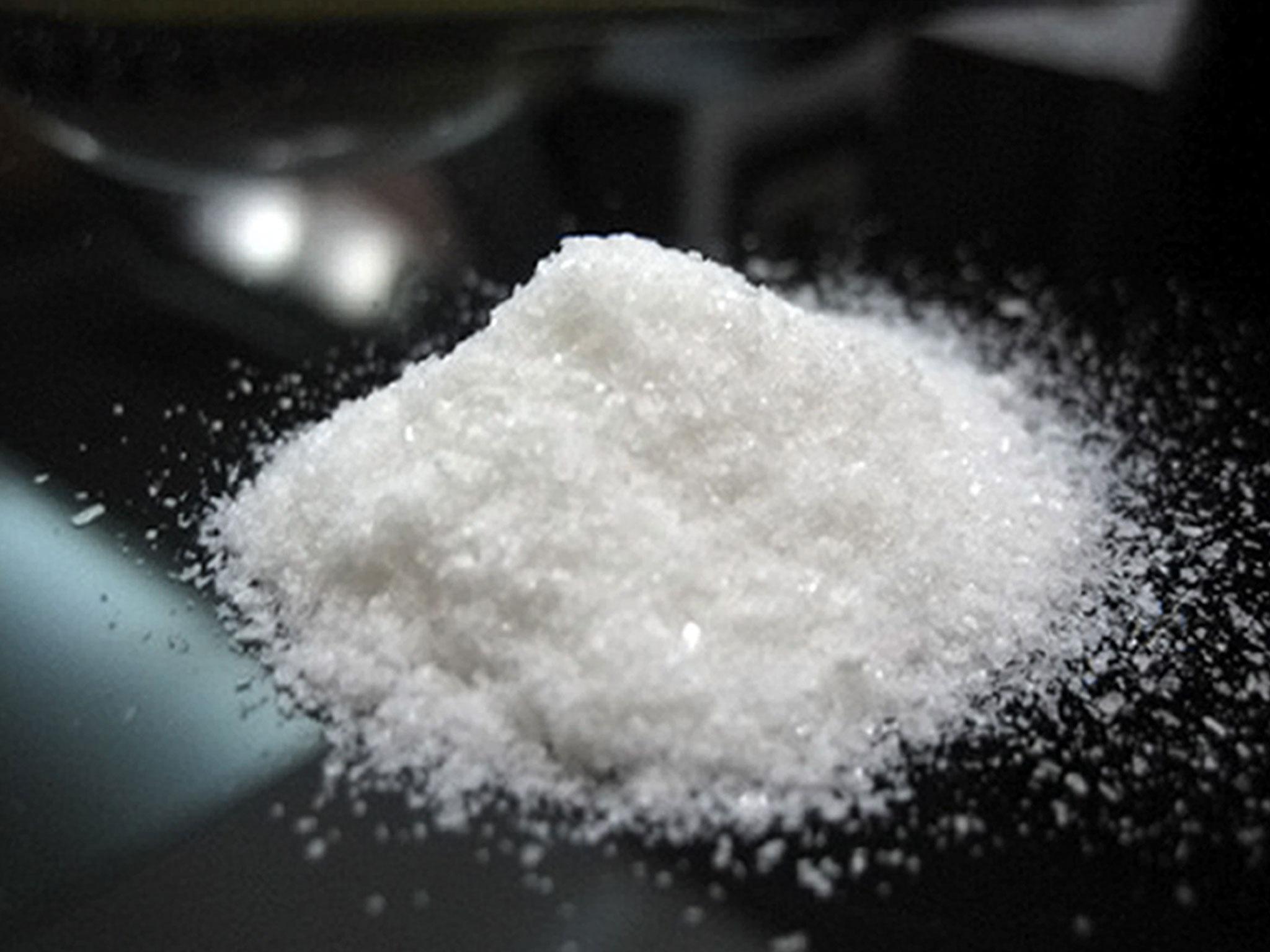Legal highs found on shelves in petrol stations

Petrol stations, takeaways and newsagents across Northern England are stocking ‘legal highs’ like “peanuts in a pub”, as drug sales spread from ‘head shops’ to the high street, a report from a major drugs charity claims.
DrugScope says it has found that legal highs such as cannabinoids, stimulant powders including mephedrone, and other psychoactive substances are becoming increasingly available over counters.
Newcastle, North Tyneside, Barnsley, Huddersfield, York, Wakefield, Hull and Middlesbrough have been named as places harbouring the majority of legal high outlets across England, Scotland and Wales.
The report shows that while ‘head shops’ have traditionally been go-to outlets for buying legal highs such as mephedrone, young people are buying the drugs from a range of new high street stores from petrol stations to takeaways, pet shops, tattoo parlours and sex shops.
In Newcastle alone 20 people admitted to having recently purchased legal highs from a petrol station or takeaway, out of a total 116 people surveyed, while 45 had bought them in ‘head shops’. The majority of respondents in the area were aged between 16 and 17.
Rachel Hope, drug strategy co-ordinator at Newcastle City Council, told DrugScope’s publication Druglink that Newcastle already has several ‘head shops’ in the city selling legal highs, but that “now we are seeing other outlets selling them”.
“There is a petrol station just outside the city centre that has synthetic cannabinoids on display behind the counter on a cardboard display rack - like peanuts in a pub,” she added.
The information gathered by DrugScope outlines findings from 25 drug agencies across England, Scotland and Wales. One agency in North Tyneside suggests that the ordinary, high-street style opening hours of ‘head shops’ has altered the way young people are taking legal highs to resemble patterns associated with heroin users, while the way that the drugs are bought and sold is attracting a new set of drug users.
Clockwork Orange and Exodus Damnation are some of the mysteriously-named synthetic cannabinoids popular with younger teenagers who are still at school, while the trend for mephedrone-type drugs is more prevalent among university-age users and older teens.
In August the legal drug alkyl nitrites, known as ‘Poppers’ or ‘Liquid Gold’ was reportedly found being sold in a Shell garage in Barnsley, South Yorkshire. The bottles were billed as “room odorisors” but instead of being placed among the house cleaning products they were shelved among items such as e-cigarettes and sweets. They have since been removed.
Niamh Eastwood, executive director at drug law charity Release, said the report demonstrates that the UK government is unable effectively tackle the supply of new legal highs on the streets.
She said: “With a new unregulated substance coming on to the market every week, it is time for a re-think on how we manage these drugs in a way that reduces the risks and limits young peoples’ access to them.
Eastwood said the government should follow New Zealand’s lead and introduce a new regulatory framework which would place the onus on producers of the drugs to show substances sold are ‘low risk’, only available from licenced premises and subject to strict age controls.
“It is only by adopting this model that we can effectively bring these drugs into a tightly controlled environment, rather than the current system where they are freely available through various outlets and the internet,” she added.
The latest Home Office report into drug misuse in England and Wales acknowledged the rising use in “emerging legal highs” by including research on two of the psychoactive substances for the first time. It showed that between 2012 and 2013, a total of 6.1% of 16-24 year olds had taken the substance nitrous oxide, while 1.1% had taken the substance known as salvia.
Crime prevention minister Norman Baker said “it is already a criminal offence for shops to sell certain substances to under-18s in the knowledge they could be misused,” and called the selling of legal highs in petrol stations and takeaways “inappropriate.”
“If any of the substances sold contain controlled drugs, I would expect the retailers to be prosecuted.”
Baker added the Home Office already controls “hundreds” of legal highs and is working with the law enforcement partners to disrupt the supply of such substances.
“We also engage with students and young people to make them aware of the risks and regularly update public health information on emerging substances,” he added.
